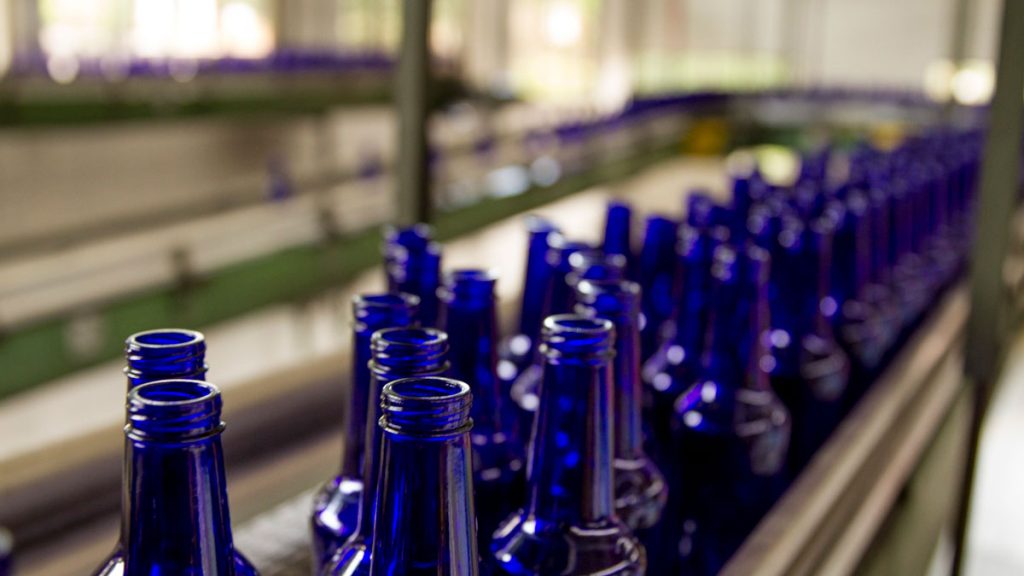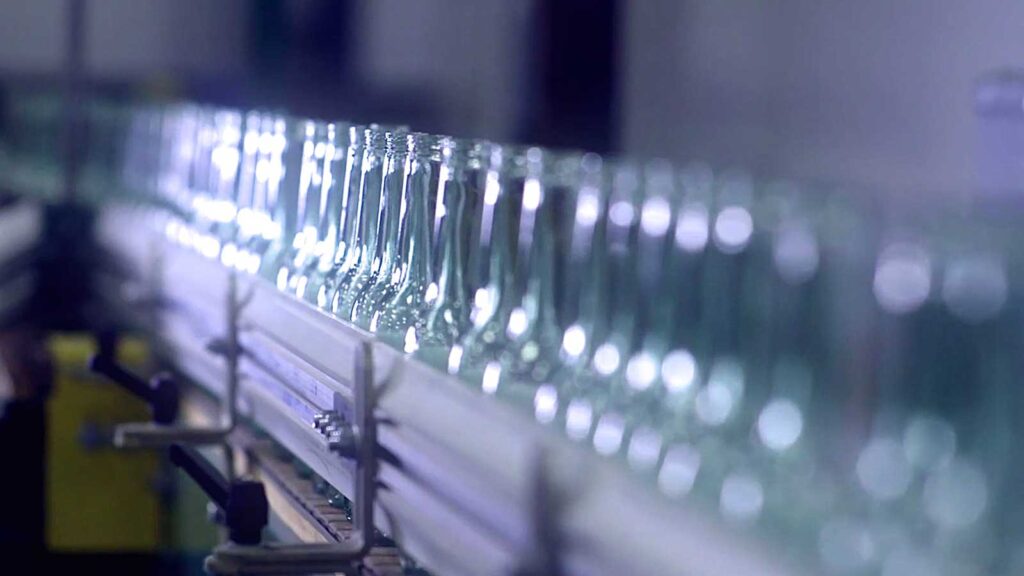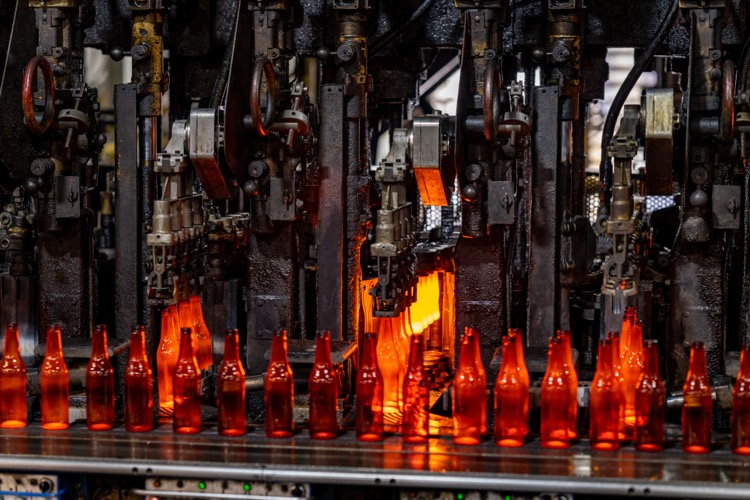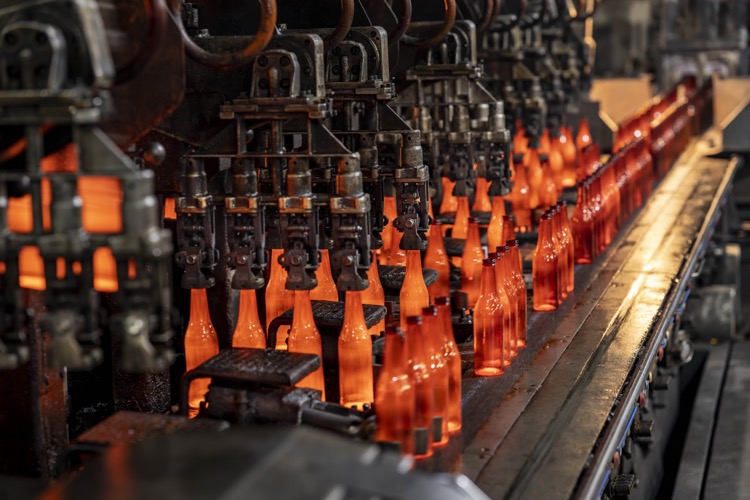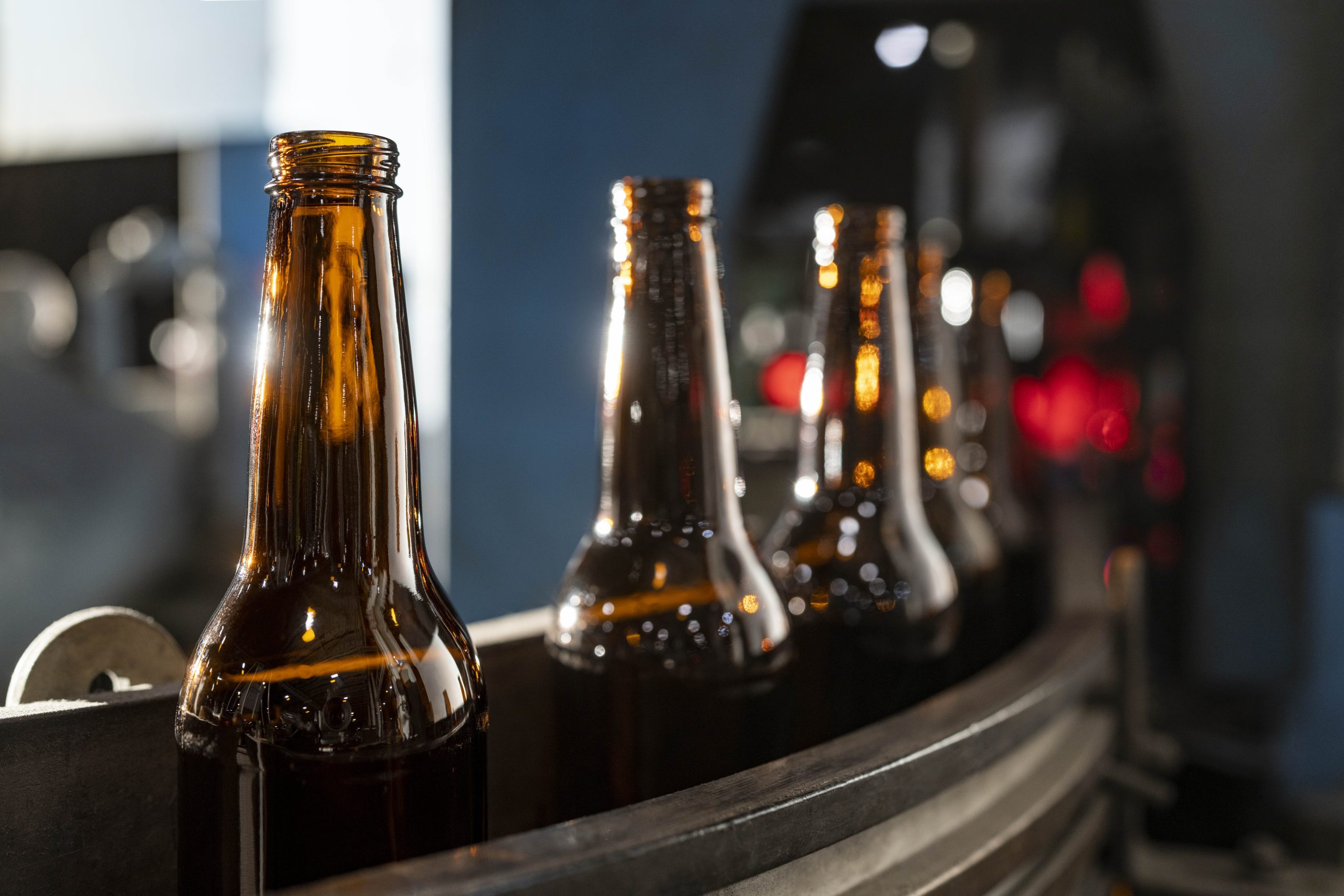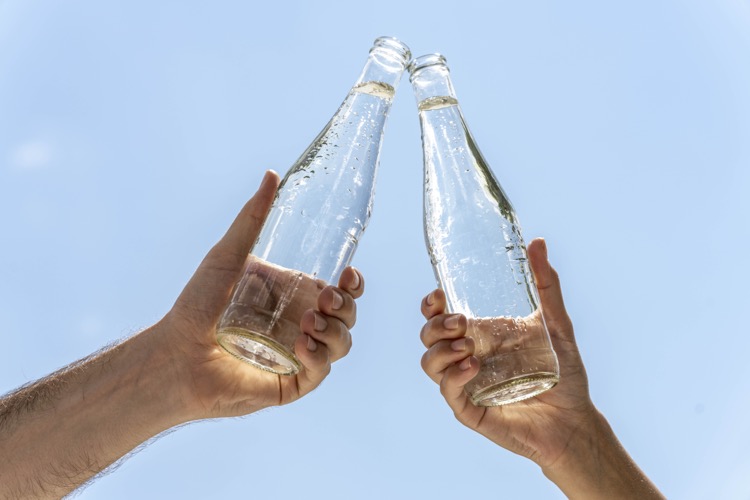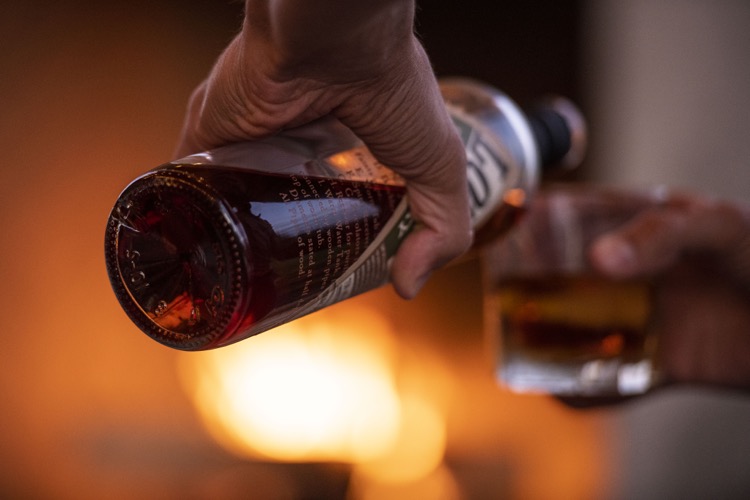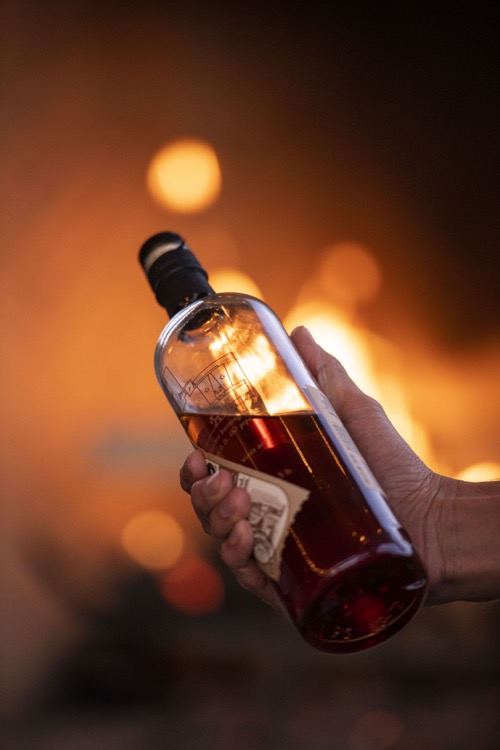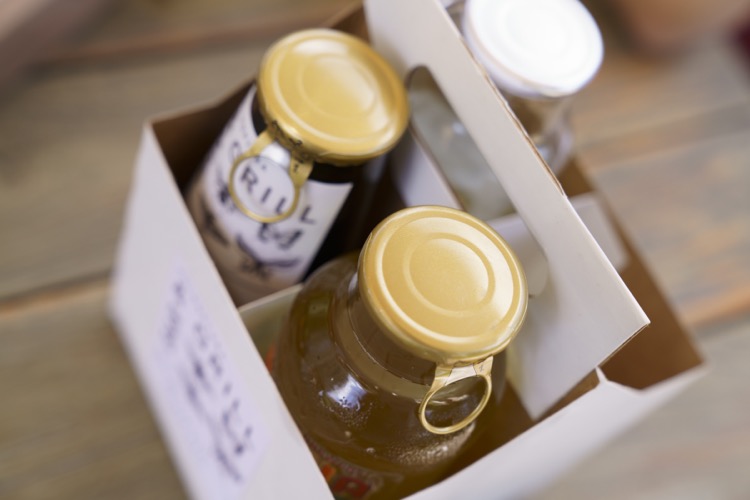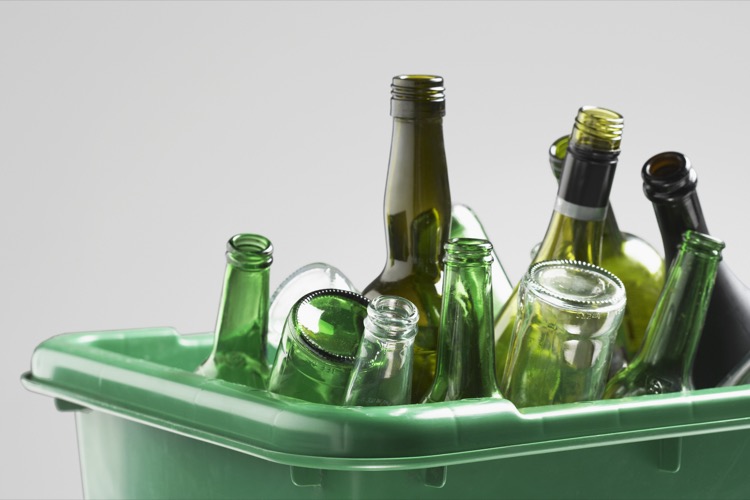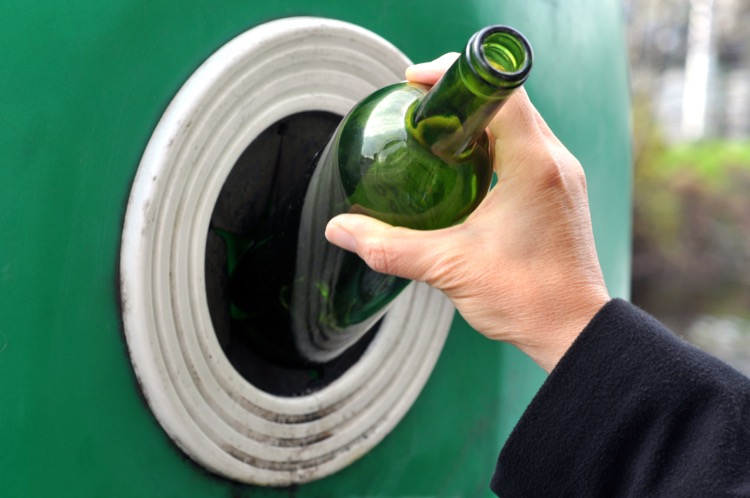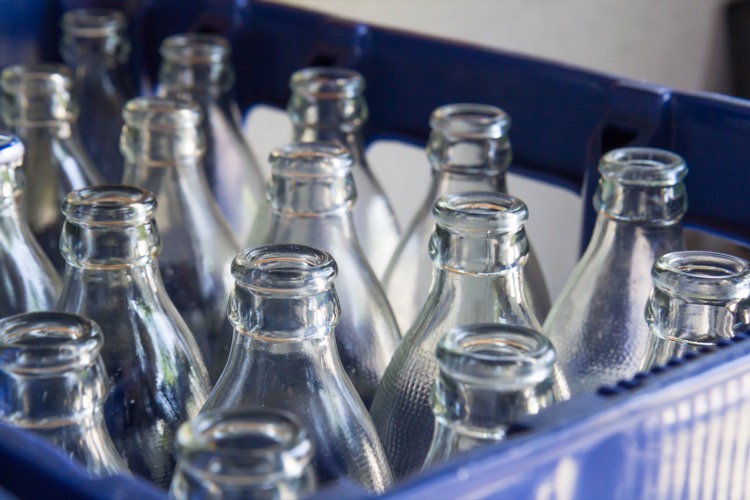With mounting research indicating the environmental and health risks associated with plastic, reducing plastic use and waste has never been more important.
As Plastic Free July kicks off, O-I is here to help you with all the tips, tricks and educational tools to help you live a healthier, more sustainable lifestyle.
Environmental Risks Linked to Plastic Pollution
Plastic waste is filling our oceans, hurting marine animals and damaging our ecosystem.
- Each year, an estimated 22 megatons of plastic waste enter the environment*
- In 2017, an analysis of plastic flows in the U.S. shows that 8% was recycled, 14% was combusted and 76% was landfilled*
- Plastic waste is expected to triple, rising from 353 megatons to 1,014 megatons by 2060*
Source: *The Minderoo-Monaco Commission on Plastics and Human Health (annalsofglobalhealth.org)
Plastic ingestion is widespread and has been found in 1,565 species around the globe – 82% of which were marine species, according to the Minderoo-Monaco study, which was published in February 2023.
Health Impacts of Plastic
More than 10,500 chemicals are used to make plastic, and only about 6,400, or 61% of those chemicals have reported hazard classifications available. The remaining substances have unknown levels of concern, according to The Minderoo-Monaco Commission on Plastics and Human Health.
Plastic packaging contains chemicals that interfere with hormonal and reproductive systems in women and men, can increase the risk of cancer and damage children’s developing brains, according to the study.
It’s not just chemicals that people are inadvertently ingesting – it’s plastic itself
A study from the University of Newcastle for WWF found the average person could be ingesting approximately 5 grams of plastic per week – that’s the equivalent to one plastic credit card.
Unfortunately, Plastic Recycling isn’t the Solution
The amount of plastic that’s produced is much more than the plastic that can be and actually is recycled.
Plastic is virtually everywhere – from our children’s toys, the clothes we wear, electronics, toothbrush bristles, and packaging.
Not all plastic can be recycled, and of the plastic that can be, only a small amount actually is.
The National Association for PET Container Resources, an industry trade group, found in 2017 that only 21% of the plastic bottles collected for recycling were turned into new things, according to an NPR article published in October, 2022.
“Mechanical and chemical recycling of plastic waste has largely failed and will always fail because plastic waste is: extremely difficult to collect, virtually impossible to sort for recycling, environmentally harmful to reprocess, often made of and contaminated by toxic materials, and not economical to recycle,” a Greenpeace report states.
Most plastic food packaging that is not made of PET can’t be recycled into new food packaging due to missing processes and safety concerns, according to the Food Packaging Forum. That leaves two options, according to Greenpeace: downcycling the plastic waste into lower-value products or disposing of it via landfill or incineration.
Not All Packaging is Created Equal
Plastic is everywhere, and it’s not a problem we can recycle ourselves out of. But there is one area where we can make a healthier and more sustainable choice: packaging.
Glass is the best packaging option for your health and the environment.
Glass is infinitely recyclable, meaning it can be recycled over and over again without a loss in quality.
Recycled glass can be made into new glass bottles or jars in as little as 30 days. Cullet, or recycled glass, is the main ingredient in O-I’s glass packaging, and we have several targeted initiatives aimed at increasing glass recycling to keep it in the manufacturing system. And the more glass you recycle, the better it is for the environment – every 10% of recycled glass used in production leads to a 5% reduction in carbon emissions.
“We should focus on using inert materials, also keeping in mind that materials that are inert are also better for circularity – we can reuse them and they’re better to be recycled because they don’t get contaminated with chemicals, which is a really big issue,” said Jane Muncke, Managing Director & Chief Scientific Officer at Food Packaging Forum Foundation, during a Glass Hallmark LinkedIn Live Event.
Glass is made from four ingredients – sand, limestone, soda ash and recycled glass. It’s virtually inert, meaning chemicals won’t leach into the food or drink inside, your body or the environment.
Plastic Free July
The science is clear: plastic use, consumption and waste are problems. But what can you do about it?
This July, we’re challenging you to reduce your plastic use and waste, opt for healthier alternatives and choose tomorrow, today.
You can opt for better packaging choices, like glass.
You can stop choosing convenience items like single-use plastics.
We’re also challenging you to reduce your plastic use and waste. Share with us how you are participating in Plastic Free July by tagging us on our social channels and use the hashtag #PlasticFreeJuly.
O-I will be sharing tips and ideas here on O-I.com and on our social media pages. Follow us on Facebook, Instagram, LinkedIn and Twitter.


